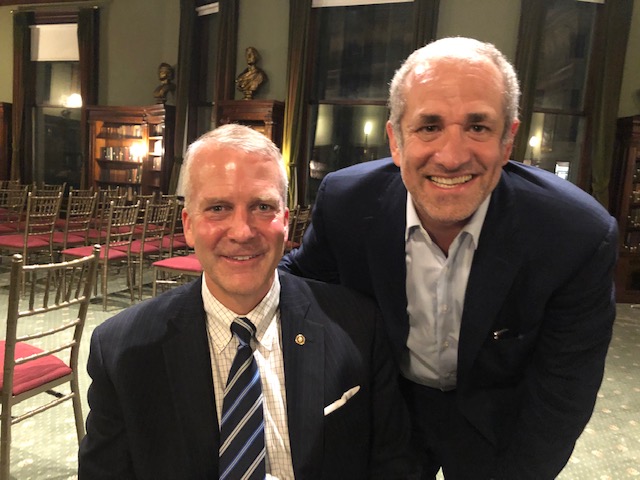
Shaping Tomorrow: How Advanced Manufacturing Will Drive Global Growth in the New Era
At the dawn of the new era, the global economic landscape is poised for a transformation unlike before. Advanced manufacturing is at the heart of this transformation—a set of technologies that heralds a new age of efficiency, customization, and environmental sustainability. This article delves into how it is a cornerstone for global growth, profoundly reshaping industries, economies, and societies.
The New Manufacturing Paradigm
The paradigm shift in manufacturing is driven by rapid technological advancements such as artificial intelligence (AI), robotics, 3D printing, and the Internet of Things (IoT). These technologies are not merely enhancing the traditional manufacturing processes; they are revolutionizing how products are designed, produced, and distributed, offering unprecedented productivity and precision. This shift meets the growing consumer demand for personalized products and opens new avenues for innovation and creativity in product development.
Economic Implications and Global Growth
The economic implications of advanced manufacturing are far-reaching. It promises to bolster global growth by improving productivity, reducing costs, and enhancing the quality of products. Countries that invest in and adopt these technologies stand to gain a competitive edge in the global market, fostering economic development and creating high-skilled job opportunities.
Furthermore, advanced manufacturing is pivotal in addressing some pressing challenges of our times, such as climate change and resource scarcity. This contributes to more environmentally sustainable industrial practices by efficiently using materials and energy and enabling the production of more durable and sustainable products.
Reshaping Industries and Supply Chains
Advanced manufacturing reshapes industries by enabling complex, high-quality products at reduced costs and shorter lead times. Moreover, advanced manufacturing transforms global supply chains, making them more resilient and adaptable to changes. The COVID-19 pandemic underscored traditional supply chains’ vulnerabilities; however, These technologies offer solutions through localized production and digital connectivity, reducing the dependency on long, complex supply chains and mitigating risks associated with geopolitical tensions and trade barriers.
The Workforce of the Future
Adopting this technology also shapes the workforce for the future. There is a growing demand for skilled workers who can design, operate, and maintain these technologies. However, this transition also poses challenges, such as the potential displacement of workers in traditional manufacturing roles.
Embracing Change and Innovation
As we stand on the brink of a technological revolution that will fundamentally alter how we live, work, and relate to one another, the concept of a future workforce takes on new shapes and colors. This revolution, characterized by unprecedented technological advancements, will see artificial intelligence, robotics, and digital platforms become central to almost every aspect of work. Its adaptability, continuous learning, and collaboration across digital platforms will define the future workforce. Creativity, emotional intelligence, and technological literacy will become as critical as technical skills, reshaping training and development programs.
Navigating the Challenges
These include the high cost of technology adoption, data security and privacy concerns, and the ethical implications of automated systems. To realize the full potential of advanced manufacturing, policymakers, industry leaders, and educators must collaborate.
By embracing this new era, industries and economies can unlock unprecedented opportunities for development, sustainability, and prosperity. The journey towards this future is complex and requires concerted efforts across sectors and borders. Yet, the promise of advanced manufacturing as a catalyst for global growth and innovation is undeniable.
